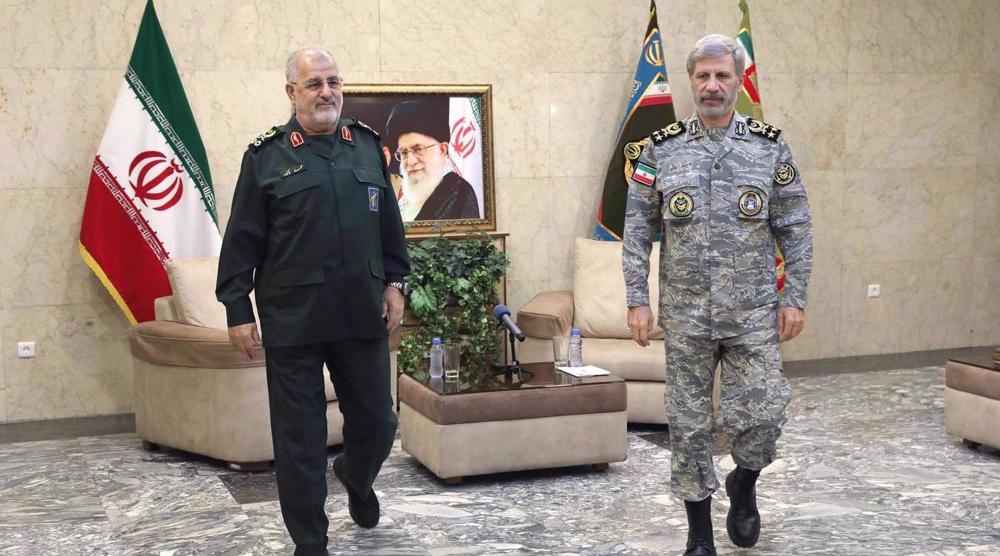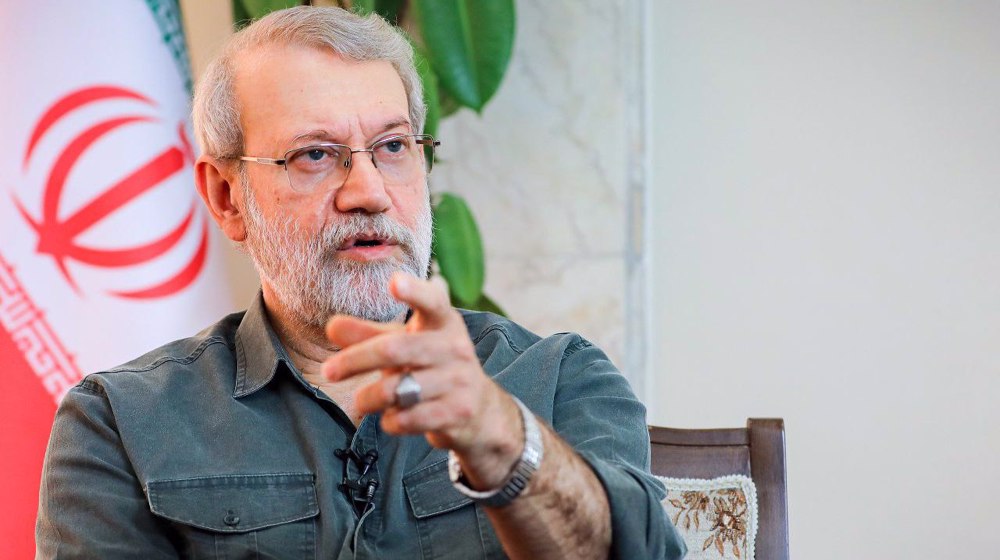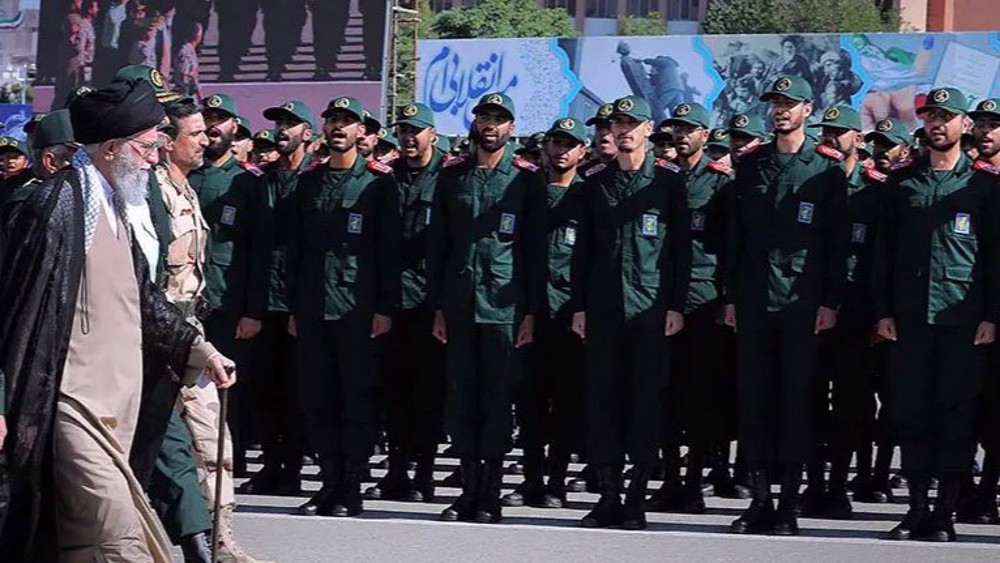Fresh talks fail to form coalition govt. in Spain
Negotiations among Spain’s major parties have failed again to end the seven-month political stalemate in the country.
Socialist leader Pedro Sanchez said his party was still opposed to a conservative government led by caretaker Prime Minister Mariano Rajoy.
"We want to change Rajoy's government and this is why we will vote ‘no' in a confidence vote," Sanchez told reporters in Madrid on Thursday, after a meeting with Spain’s monarch King Felipe VI.
King Felipe has been in talks since Tuesday with major parties holding power in Spain’s parliament, in hope of finding a short-cut solution to the political deadlock.
The meeting between the parties was the fourth such set of talks this year to seek a consensus candidate to lead the next government.
National elections in December 2015 and June both resulted in hung parliaments, forcing the major parties to try to form a viable coalition.

All four major parties are said to be under pressure to compromise and end the political paralysis in the country.
So far, however, all efforts to form a coalition government have been to no avail.
The two left-leaning parties, the Socialists and Unidos Podemos ("Together We Can"), are strongly opposed to Rajoy leading the government
Without backing or at least an abstention from the Socialists, it would be impossible for Rajoy to secure a majority for a second term in office.
However, the Liberal Ciudadanos ("Citizens") party, which came fourth in the June 26 election, has announced that it would abstain in a confidence vote for Rajoy.
In the June election, Rajoy’s Conservative People’s Party gained 137 seats in the 350-member parliament, the Socialists party gained 85, the Unidos Podemos coalition led by anti-austerity party Podemos won 71 seats, and the Liberal Ciudadanos came in fourth with 32 seats.
Analysts say due to huge differences in the sides’ core values, prospects for resolving the political stalemate remain slim.
US Department of Justice releases millions of Epstein files, then pulls pages citing ‘rape’ by Trump
VIDEO | 44th Fajr Theater Festival underway in Tehran
VIDEO | Press TV's news headlines
VIDEO | Oil workers' march in support of reform of Venezuela's main oil law
VIDEO | Malaysians hold rally in front of Iranian embassy to condemn US, Israel threats
Israel to partially reopen Rafah border crossing after long closure
FM says Iran open to talks ensuring its legitimate rights and based on mutual respect
Rights groups in Australia call on authorities to arrest Israeli president















 This makes it easy to access the Press TV website
This makes it easy to access the Press TV website